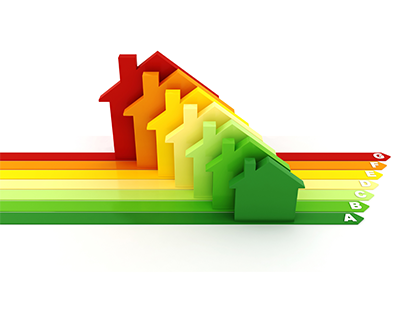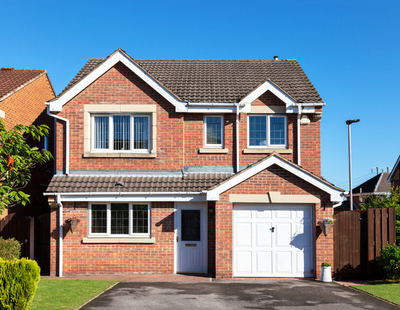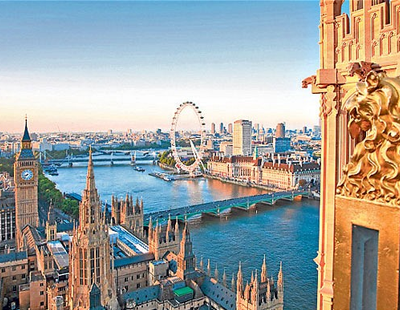Energy efficiency is the hot topic in the lettings sector right now with new minimum EPC levels expected to be introduced in the near future, and energy price rises spearheading the current cost of living crisis.
So would new builds be a better bet for buy to let investors and tenants alike? A new report claims their typical energy bills are some £400 a year less than other properties.
The Home Builders’ Federation study says owners or tenants of new build houses and flats will save an average of £435 a year, rising to £555 for new build houses alone.
The average new build home emits 2.38 tonnes less of carbon each year and the research shows that despite new build homes being, on average, 7.4 per cent larger than older properties, new owners and tenants are still generating savings every month
The energy efficiency of homes has become increasingly important in recent years, amid the ongoing crisis surrounding rising energy prices and an enhanced focus on environmental issues.
Strict new private rental sector EPC targets are set to be introduced over the next five years.
The HBF claims the developers of new build homes are able to adapt to new technologies, materials and regulations to embed energy efficiency at the point of construction, while owners of existing properties will often find themselves facing disruptive, extensive and costly retrofit works to bring their homes to the same standard.
It states that in the year to September 2021, 84 per cent of new build properties received an A or B EPC rating for energy efficiency, while just three per cent of existing properties reached the same standard.
In contrast, 58 per cent of existing dwellings had an efficiency rating of D-G.
The improved energy efficiency standards have a significant impact on household carbon emissions. The report finds that new build homes in this sample accounted for 15.4 per cent of EPCs, 16.4 per cent of the floorspace, but just 6.4 per cent of the total annual CO2 emissions.
The report finds that new build properties offer lower running costs for all household utilities. On average, new build purchasers save an annual £395 on heating bills, £28 on hot water and £12 on lighting. In total, the yearly household bill for owners of older properties in this dataset was £890, almost twice as much as the annual bill for a new homeowner, which was £455.
With more lenders beginning to offer green mortgages – such as lower interest rates for buyers of more energy efficient homes – and stricter requirements for landlords renting out domestic properties, the HBF is now urging lenders to go further and faster.
The federation’s managing director Neil Jefferson says: “We have known for many years that new homes bring a wealth of benefits to homebuyers but with energy bills rising it’s never been more important for homebuyers to weigh up these costs as they consider their next move.
“Mortgage lenders have a vital role to play in helping homebuyers to make the cost efficient and carbon saving steps that households are increasingly keen to make”















%20-%20IMAGE%20Client%20Accounting%20%E2%80%93%20what%20are%20your%20options.jpg)





Join the conversation
Jump to latest comment and add your reply
i do not understand as why electric cars are seen as the way forward when electric central heating is seen as such a big no no from an EPC rating . As such i have a number of apartments that have a d rating that will have to be sold as they cannot get to a c rating
Peter. Talk to your preferred energy assessor/EPC provider and they will explain the position with regards to electric heating. Any heating using electric during the day, is on full rate charge, whereas Economy 7 uses night time, cheap rate electricity. The Dimplex Quantum High Heat Retention Storage Heaters (HHRSHs) are highly efficient. Your trusted electrician will explain the difference between normal storage heaters and HHRSHs.
Please login to comment